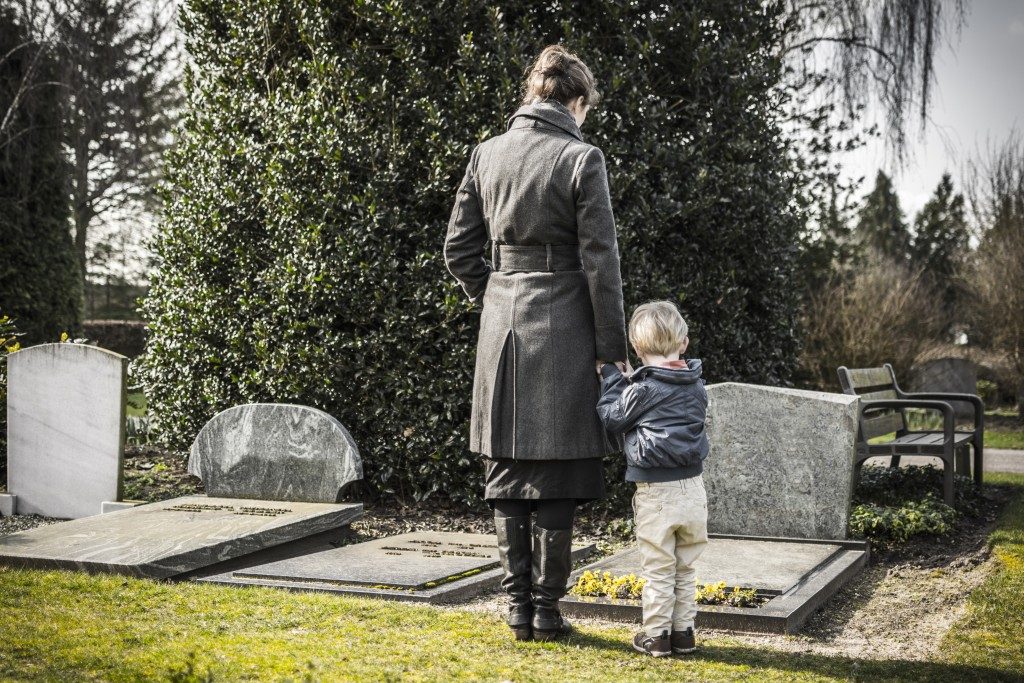Death is an inescapable aspect of being alive. Everyone, barring children, is aware of its inevitability. It can and will happen even to the best of us. However, when the time comes that we are faced with the reality of it, many find themselves stumped.
Most immediately let their grief swallows themselves. Others, though, are not given the same liberty. They have to have the willpower to be able to put on hold their grieving process to organize everything that typically follows death.
This includes contacting friends and family, planning for funeral services, and ensuring that the final resting place for the deceased loved one is ready. In some instances, a person residing in Los Angeles may have to handle all of this alongside working an attorney who can help with a wrongful death suit. It’s unfortunate, but it’s the truth that some people have to live with.
Once every single preparation has been completed, and the person feels confident enough that the arrangements won’t fall through, can they allow themselves to feel all the emotions that must have been brewing all the while. This is commendable in its own right since very few people are capable of withholding their emotions in these trying times.
And that’s perfectly fine.
Grief manifests differently for each person, but this does not mean that one’s suffering is less than another’s; because it’s not. A good example would be how most people go through the five stages of grief — denial, anger, bargaining, depression, and acceptance — and some don’t. It’s an objective fact.
Moreover, since we are typically unique and vary from each other, this also means that the time of mourning varies for every individual. How they cope ultimately depends on the person, too.
It should be noted, however, that regardless of the circumstances and whoever it is that’s grieving, a good support system can do wonders for a person trying to cope with their loss.

Likely, their support system is also in grieving. While not everyone is comfortable with comforting another grieving person, those who are can do wonders for the other person’s emotional being as well as their own. Knowing that you have someone to approach during these difficult times can help prevent an individual from withdrawing too much and retreating into their shell.
Instead, they can talk it out with a loved one if they wouldn’t consider grief counseling or therapy. Facing your emotions can help process what it is exactly that you’re feeling regarding the recent death. This may eventually lead to acceptance of the circumstance as well.
If it doesn’t, well, it isn’t always that easy anyway. Still, support systems at least provide everyone involved the opportunity to reminisce with people they are close to. Mourning together may help ease the pain, but it can also lead to an alternative as well: Celebrating what good of a life the deceased person might have lived.
Each person sharing their favorite memories with and of the loved one who passed can help remind others of the positive things, many of which they might latch on to. Doing so is a great way of honoring the person as well.
It should be noted, though, that support systems don’t always have to be friends and family. Should one feel comfortable enough with the notion, they can then employ the help of a professional who is used to dealing with grief. Ultimately, they are better equipped with dealing with the myriad of emotions a person may be feeling during their grieving process.
However, this does not mean that the support of loved ones is rendered useless. Knowing that a person who cares and worries for you remains on this plane of existence is always a nice thing to have.

